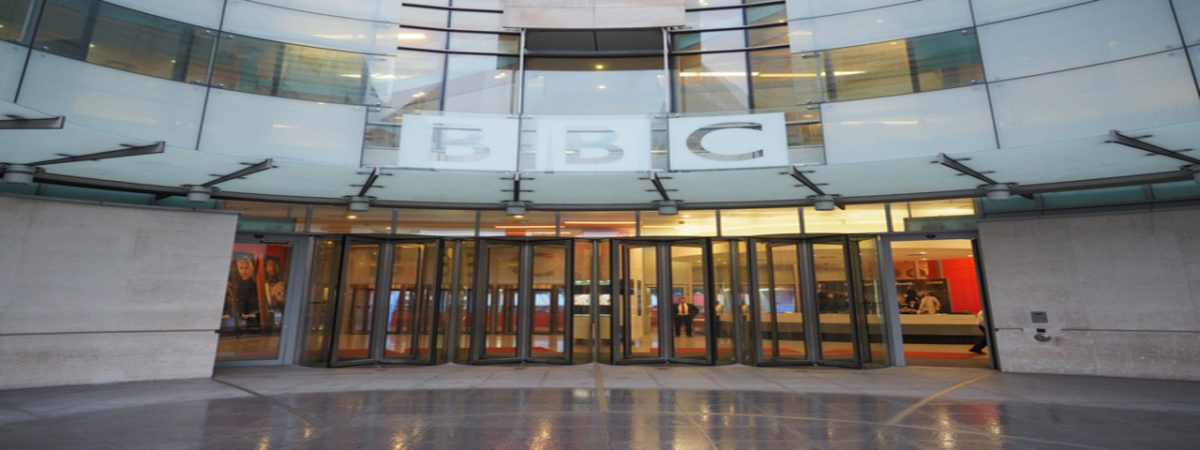Towards a Liberal Utopia?
SUGGESTED

Essential reading for all those interested in quality broadcasting in a competitive market environment


In this, the IEA's fiftieth anniversary special, numerous commentators and IEA friends reflect on the prospects for liberty over the next fifty years
The first part of Towards a Liberal Utopia? outlines the dreams of liberal economists and political scientists. These are not the dreams of people who wish to achieve their plans through central direction and who believe they know the precise outcome of the process called liberalisation. Rather our liberal thinkers sketch out frameworks for policy, which, in increasing the domain for individual action, will give rise to beneficial results that cannot be foreseen in detail. This will not lead to utopia, but the authors are confident that greater freedom will lead to better and more prosperous society.
The second part of the book shows how an earlier generation of liberal economists turned ideas into action. Led by Ralph Harris and Arthur Seldon, the authors writing for the Institute of Economic Affairs helped to turn back the tide of collectivism by undermining its intellectual foundations. They were so successful that no serious political party now proposes a platform of central planning. As the authors featured in the first part of the book make clear, however, that does not mean that there are no new dragons of collectivism to slay. Some battles may have been won, but the war of ideas continues.
Towards a Liberal Utopia? is essential reading for all those who are curious to know how the liberal economic agenda will develop over the coming generation.
‘I trust you get some satisfaction from how far the influence of the IEA has spread, directly and indirectly.’ Milton Friedman, 6th October 2004
Contents
1 Introduction by Philip Booth
Part 1: Times Future?
2 Health by Tim Evans and Helen Evans
3 Education reclaimed by James Tooley
4 Policing a liberal society by John Blundell
5 Pension provision in 2055 by Philip Booth
6 Social security in a free society by David G Green
7 Limits on the tax burden by Tim Congdon
8 Britain’s relationship with the European Union by Patrick Minford
9 Regulating the labour market by J R Shackleton
10 Free trade: the next 50 years by Razeen Sally
11 Competition in land use planning: an agenda for the twenty-first century
by Mark Pennington
12 Beyond Kyoto: real solutions to greenhouse emissions from developing countries
by Roger Bate and David Montgomery
13 The environment in 2055 by Julian Morris
14 Capitalism by David Henderson and Geoffrey Owen
15 A constitution for liberty by John Meadowcroft
16 The Hayekian future of economic methodology by Paul Ormerod
Part 2: Times Past
17 An independent station by Ralph Harris
18 Playing the fool with inflation by Ralph Harris
19 Now for ‘planning’ by Ralph Harris
20 Market versus state by Ralph Harris
21 Behind enemy lines by Ralph Harris
Appendix
The development of the IEA’s academic reputation – a personal reflection by Arthur Seldon
The golden thread that runs through the collection is a commitment to liberal values and individual freedom. As timely a contribution to contemporary discourse as can be imagined in an era that is marked by a progressive erosion of public confidence in politics and politicians The Journal of the Commonwealth Lawyers, December 2006.
2005, Hobart Papers 32, ISBN 0 255 36563 2, 144pp, PB



